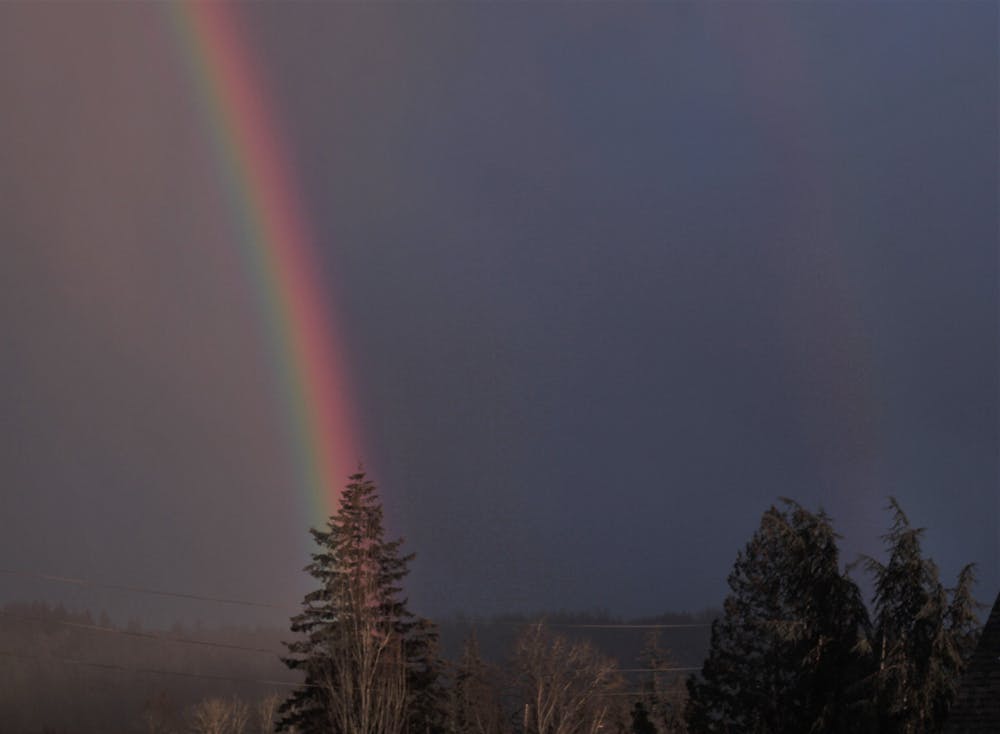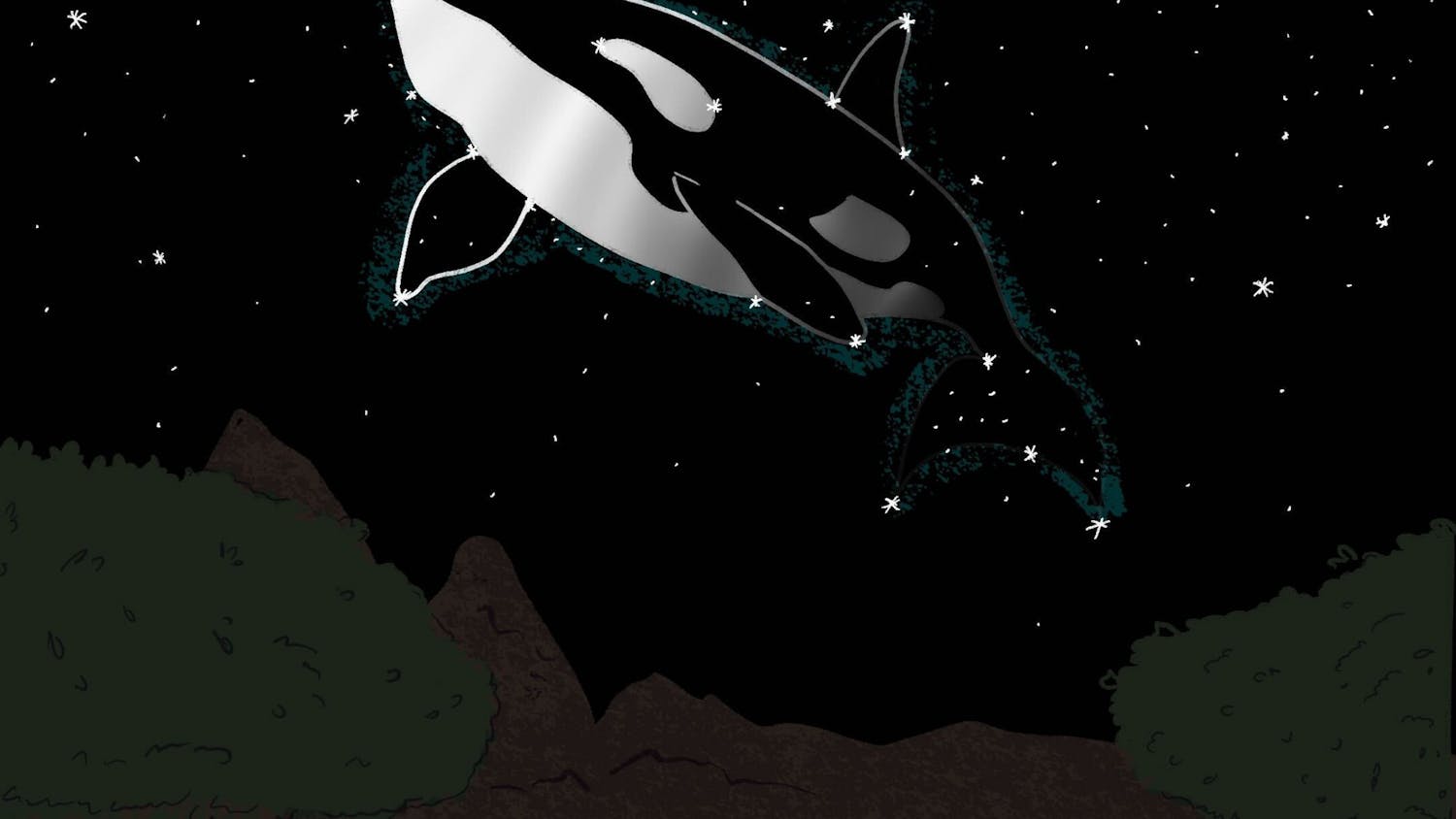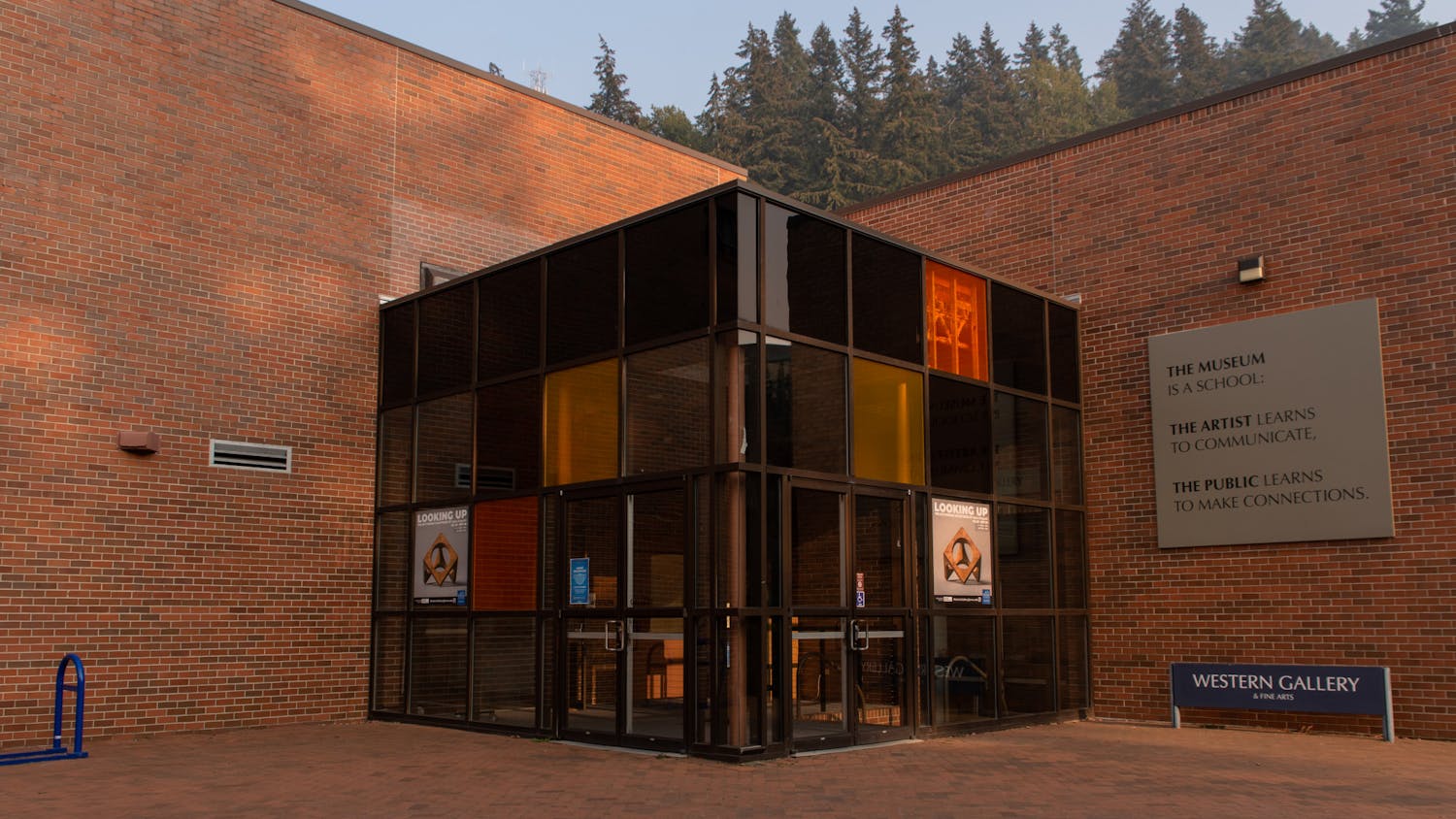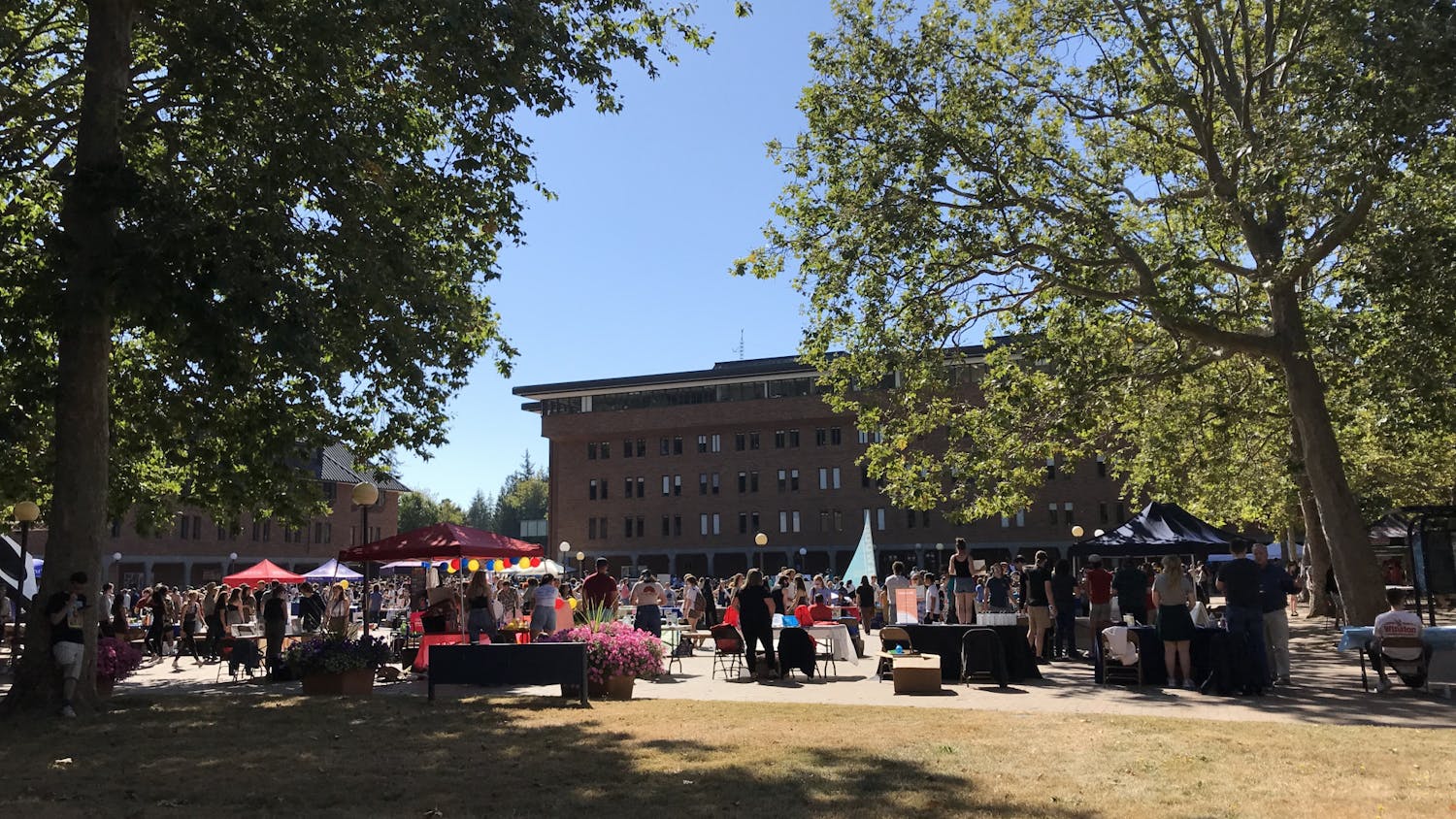Western Washington University’s Queer Eco Justice Club is re-emerging with an event at the end of April as a part of Western’s Earth Week lineup.
As the group’s original cohort has graduated over the course of recent years, the club began to fade from campus.
This past winter, the club’s previous president, Isamej David, stepped down from their position due to scheduling conflicts. Since then, however, Adelaide Ebrahimy, a second-year at Western, has taken over as the club’s new president with plans to restore the club’s previous active involvement on campus.
Ebrahimy plans to begin these efforts with a documentary screening of Gather on April 25 at 6 p.m. in room 210 of Academic West. With this event, she aims to bring together Western's environmental, queer and multicultural clubs.
“My angle is to have an event to bring together clubs that wouldn't usually connect on different issues, but have it be a fostering space to start those communications,” Ebrahimy said.
Ebrahimy said collaboration and intersectionality are vital elements to queer eco justice. Having a diverse perspective allows for a more complete understanding of the issues the movement addresses.
UCLA School of Law Professor Kimberlé Crenshaw, American civil rights activist and originator of the term intersectionality, sheds light on the true significance of intersectionality in an interview with Columbia Law School and her paper, “Demarginalizing the Intersection of Race and Sex: A Black Feminist Critique of Antidiscrimination Doctrine, Feminist Theory and Antiracist Politics.”
As explained by Crenshaw, perceptions of race, gender, class and LGBTQ+ identities as "single issues" ignores their considerable crossover. Queer eco justice is one example of activism recognizing crossover of different identities.
So what do the key aspects of queer eco justice — queer identities and environmental justice — have to do with each other?
In a big way, the more important question is how these two are separated from one another, and why.
Anika Tilland-Stafford, a women, gender and sexualities senior instructor at Western and the Queer Eco Justice Club’s faculty advisor, explained that oftentimes rural and small towns are hostile towards queer and trans folks. As a result of this, these individuals often relocate to urban areas that are more tolerant of their identities.
“Cities have long had really expensive rent, high cost of food and not a lot of growable land,” they said.
From this, it can be understood that queer and trans people are being pushed into less desirable, more expensive and less ecologically-thriving areas, which can seriously impact their quality of life.
“That’s why I moved from a small, crappy, rural town into an urban center to a moldy basement suite — that’s part of why I have respiratory conditions,” Tilland-Stafford said, speaking on their own experience as a queer and trans person with chronic illness.
Organizations, not limited to Western's campus, have voiced their concerns over LGBTQ+ individuals being denied access to opportunities in eco justice. There is a broader conversation taking place about representation in activism, and the LGBTQ+ community is very much a part of it.
According to Queer Ecojustice Project, “we must start recognizing LGBTQ+ people as part of the frontlines of ecological injustice and prepare to protect and sustain our communities in the current and impending crescendo of ecological crisis.”
Within the Bellingham community, there are many opportunities to contribute to these efforts. One of these contributions that Western's Queer Eco Justice Club finds most important is simply continuing the conversation on queer eco justice and amplifying the voices behind it — on and off campus.
“You don't have to be in the queer community. It's mostly just a fostering of what kind of knowledge you can gain from this — I think the more diverse the ideas, the better,” Ebrahimy said.
Ebrahimy not only recognizes everyone’s power to contribute to queer eco justice but also welcomes any and all Western students to join the Queer Eco Justice Club.
Morgan Merriam (she/her) is the editor-in-chief for The Front this quarter. Previously, she has been a reporter for campus news, managing editor, campus news/life editor and a public relations representative for The Front. Morgan is in her senior year at Western, majoring in journalism/public relations with a minor in sociology. Outside of the newsroom, she enjoys jewelry making, baking and volunteer dog walking. You can reach her at morganmerriam.thefront@gmail.com or eic.westernfront@gmail.com






